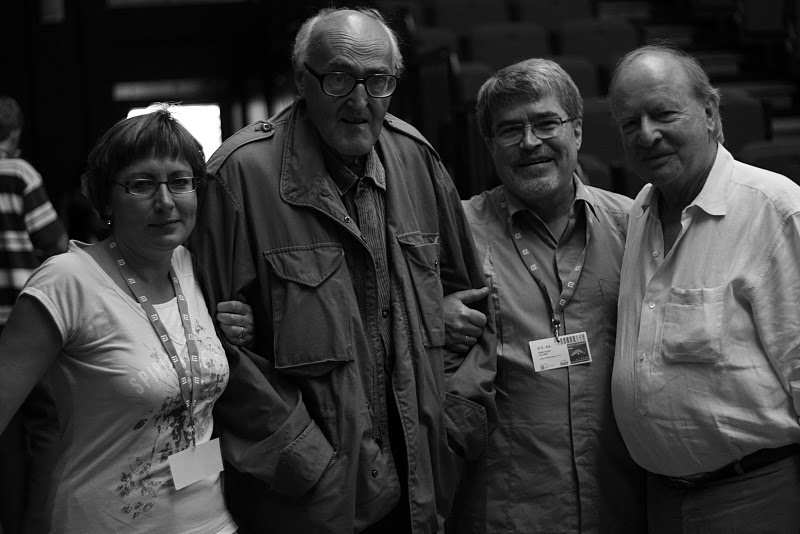 RFF 2009: Ivana Lukešová, Ladislav Helge, Jan Lukeš, Ivan Passer
RFF 2009: Ivana Lukešová, Ladislav Helge, Jan Lukeš, Ivan PasserDiagnosis by time
A new chapter at this year´s River Film Fest will be a programme cycle called Diagnosis by time. Each year this chapter will focus on Czech and Slovak films not only because of their relationship to the main programme cycles at the festival but so as to inspire a personal and social self-reflection. Author and dramaturge of this concept is Jan Lukeš.
The soul of individual and society alike, through the passage of time. Czech and Slovak films, past and present, as a curious, critical and helpful mirror of things private and public. A small panorama of our lives during the past half century, maybe some psychodrama, maybe some Cinetherapy. All the things we were ... to become what we now are?
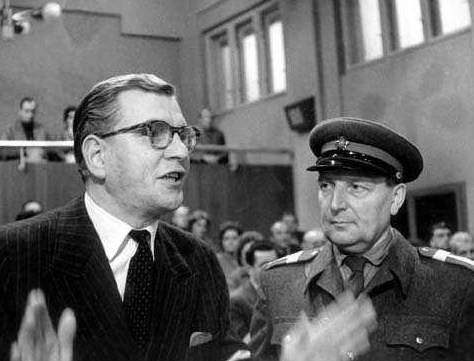
Accused (Obžalovaný) (Ján Kadár/Elmar Klos, 1964)
A drama situated in socialist law jurisdictions is realized with a great deal of reportage authenticity. Although it does not surpass the ideological frame of the time, it asked important questions about not only personal responsibility but also about responsibility and morality of the communist power.

The Organ (Štefan Uher, 1964)
The story is situated in the years 1941-1942, in the times of the fascist Slovak republic. A life story of a specific Polish deserter – an organist – is conceived as a multi-level parable about the character of the totalitarian power and, at the same time, as a meditation about both power and powerlessness or the real art. The obvious parallel between the fascist totality and the communist totality was a reason for banning of this film in the normalization era.
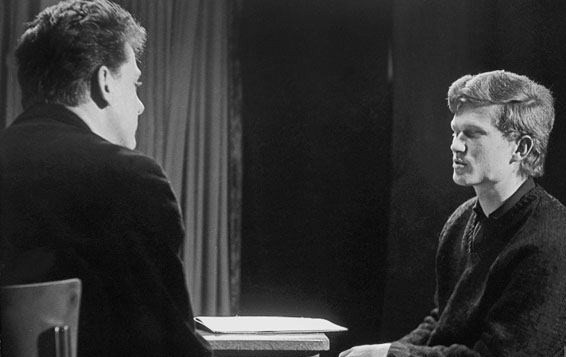
Psychodrama (Jozef Zachar, 1964)
Paradocumentary feature film from the asylum in Šternberk near Olomouc which depicts the method of pacients' treatment in the form of the collective psychodrama. During the “game of the patients and the doctors” it is shown that the mental disorders of an individual stem from traumatizing experiences not only from the family life, but also from the ideological manipulation.
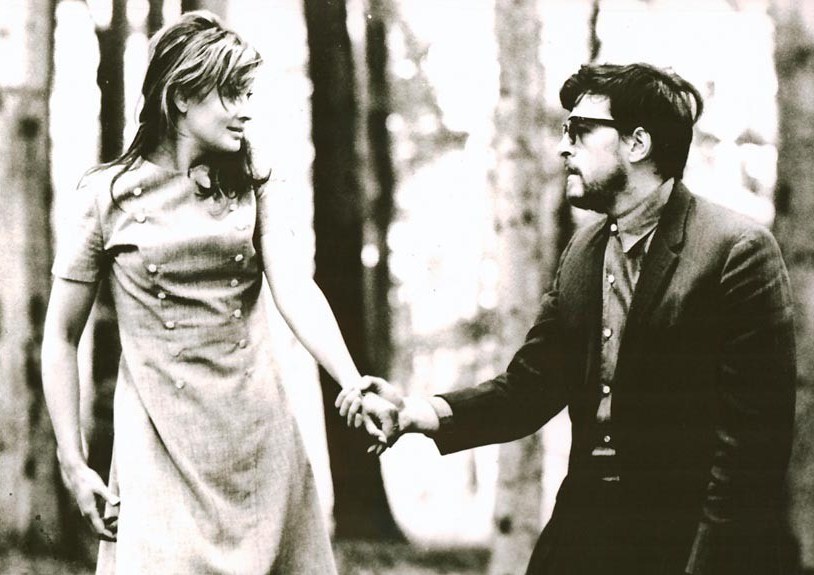
The Return of the Prodigal Son (Návrat ztraceného syna) (Evald Schorm, 1966)
A nervous probe into the psyche of a man who does not seem to have any reason to be personally dissatisfied, nevertheless, he tries to commit suicide. Together with a doctor he tries to find a way out of his anxieties in a psychiatric hospital. However, the insensitive and aggressive world keeps forcing him back into his own world of internal uncertainties and despair.
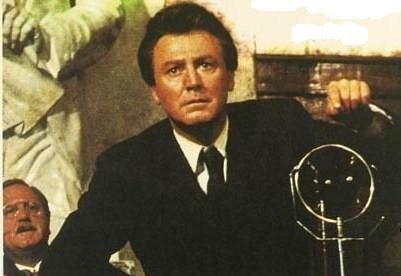
The Twenty-Ninth (Dvacátý devátý) (Antonín Kachlík, 1974)
The Twenty-Ninth presents a historical drama about the history of the Communist Party of Czechoslovakia which was considered to be one of the key pieces of art of the so-called normalization cinematography. Even according to the director, it represents a direct parallel between the bolshevization of the Communist Party in 1929 and „recent past“ – the struggle inside the Party during the „Prague Spring“.
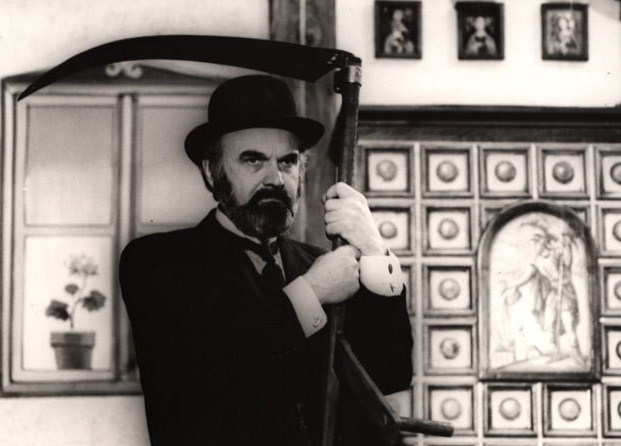
Comical and grotesque insight into the backstage of a semi-professional theatre which finds it difficult to manage both its own functioning and disfavour of the licensing authority. This motion picture was realized during the normalization and it records in details mechanisms of the ideological control and their ridiculous, but continuously destructive examples and context.
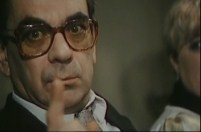
Was that us? (Byli jsme to my?) (Antonín Máša, 1990)
This film presents a hard-hearted view of the morality of actors, who in the times of the twenty-year-long normalization fell for cheap wheeling and dealing and artistic decay. Creative resignation and human cynicism appears to be a more substantial syndrome of this era than the direct pressure from the authoritative establishment.
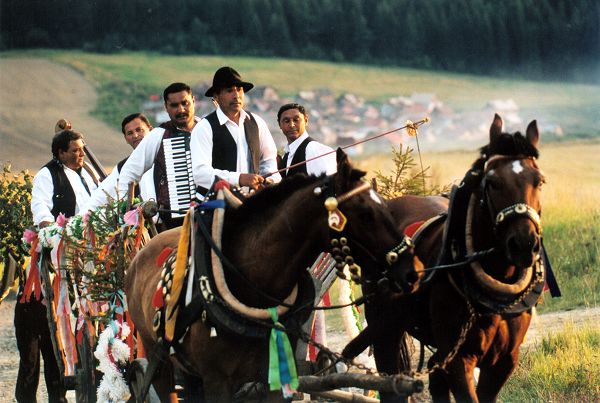
The Pilgrimage of Students Peter and Jacob (Zpráva o putování studentů Petra a Jakuba) (Drahomíra Vihanová, 2000)
The pilgrimage of the prospective lawyer and the philosopher to-be is meant to be a journey for apprehension of opinions of others and understanding of one-self. Colourful and compositionally difficult consideration about the relativity of guilt and punishment, and about individual and social difference, which should be taken into account, if not respected.
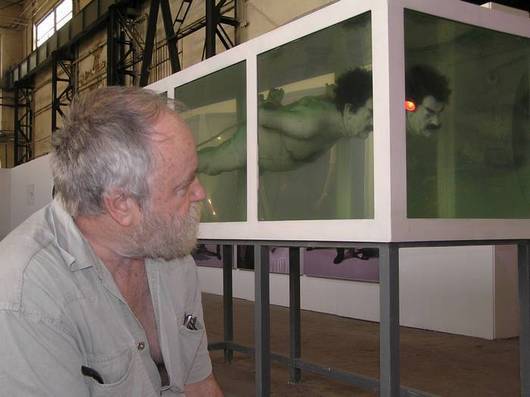
Záviš, the Prince of Pornofolk Under the Influence of Griffith’s Intolerance and Tati’s Mr. Hulot’s Holiday or The Foundation and Doom of Czechoslovakia (1918–1992) (Záviš, kníže pornofolku pod vlivem Griffithovy Intolerance a Tatiho Prázdnin pana Hulota aneb Vznik a zánik Československa (1918-1992) (Karel Vachek, 2006)
Documentary melange of our contemporary present situated in the framework of an academic lecture in which the director develops his historical and philosophical theories. His contemplation traces the face of the reality after November 1989 – at the same time decadent, grotesque, hopeful and entertaining. What is authentic and what is idle in human behaviour and in the history?
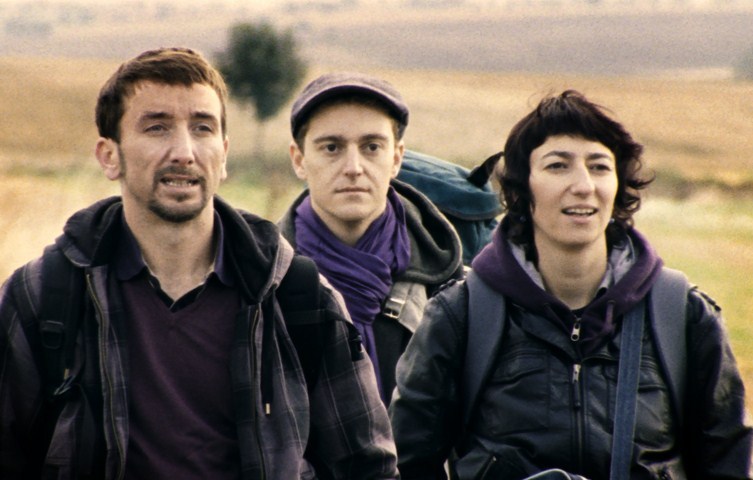
A graduation film project of the Prague's Film and TV School (FAMU) and at the same time feature film debut which describes the feelings of contemporary people in their thirties. Their mental world is reduced almost exclusively into problems in relationships, which attain grotesque forms. Egotism wins over the common vision of change: fortunately or unfortunately?
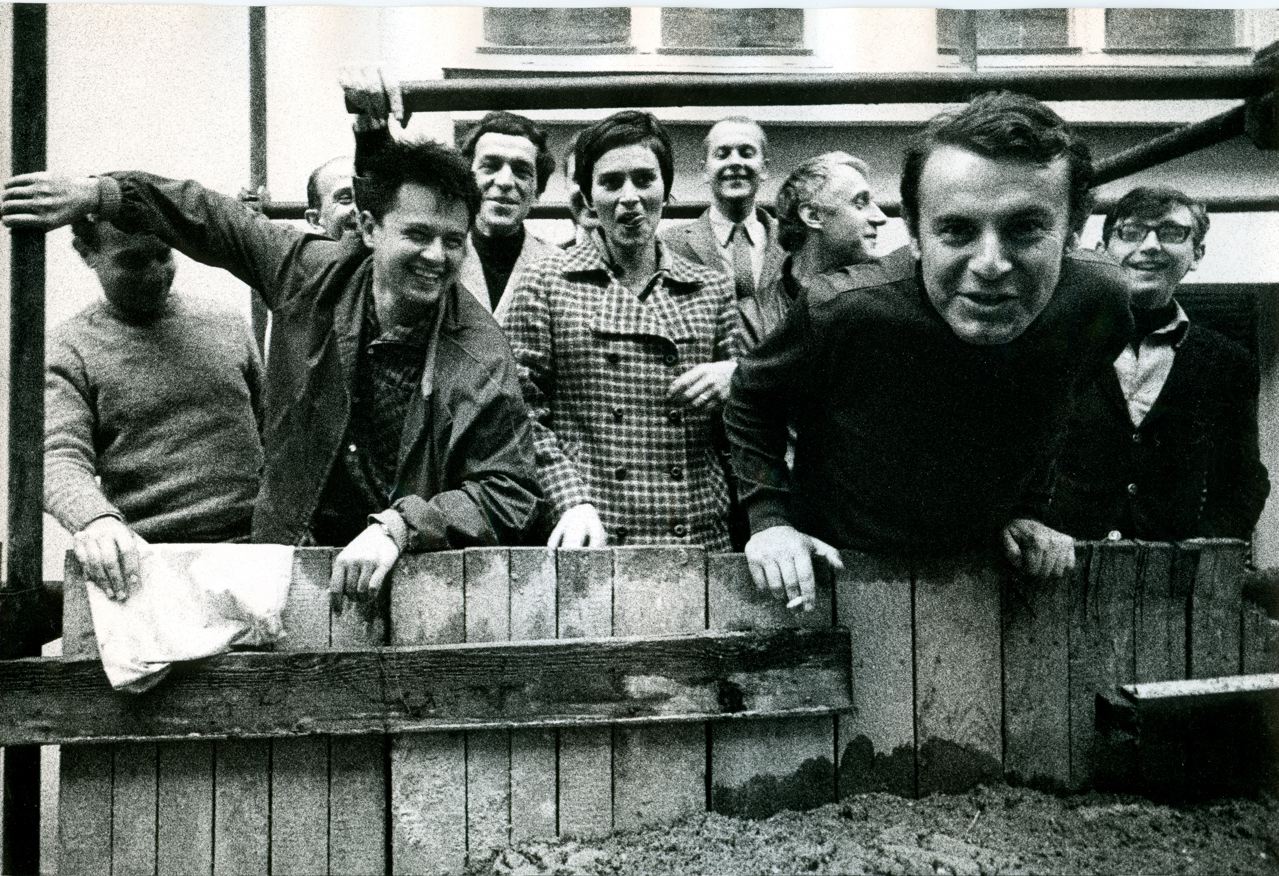
25 from the sixties – The Czechoslovak New Wave (25 ze šedesátých aneb Československá nová vlna) (Martin Šulík, 2010)
The documentary feature film comprises a follow up to the successful television series “Golden sixties”, which dealt with the “Czechoslovak film miracle” and its main representatives. The director Martin Šulík enriches the testimonies of the authors with supplementary material and broader context. Therefore, Czechoslovak cinematography of the 1960s is presented also from the intergenerational and international point of view.
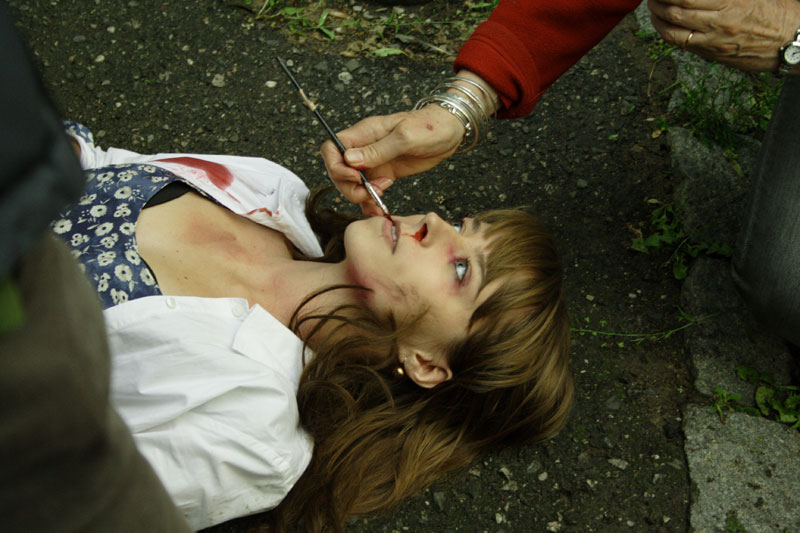
Cinematherapy (Ivan Vojnár, 2010)
To what extent are people willing to speak in front of the camera and expose their inwardness and bitter traumas of the past to the sensation-seeking world? That is what the director Ivan Vojnár examines in his motion picture Cinematherapy, which moves around the genres of documentary, feature film and reality show.


